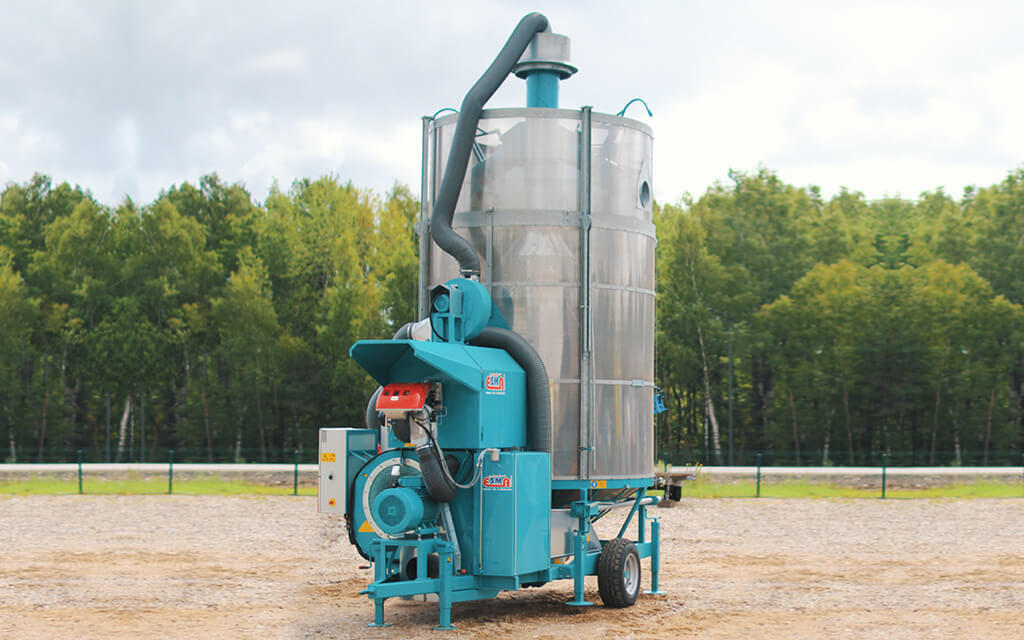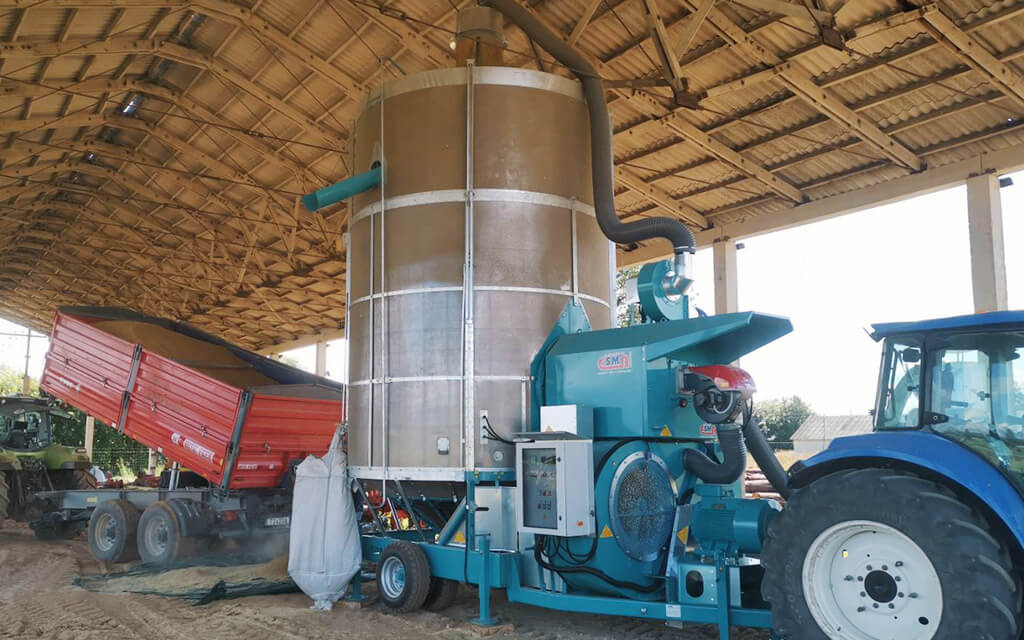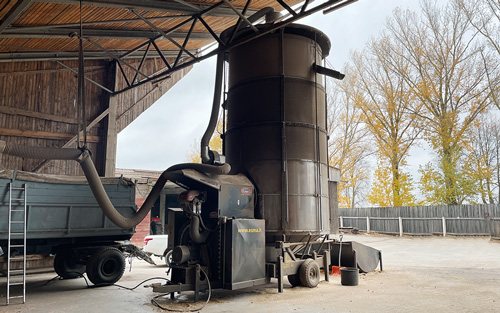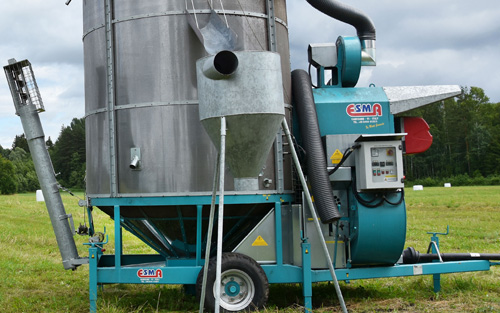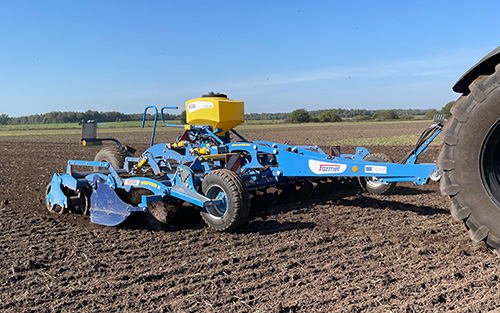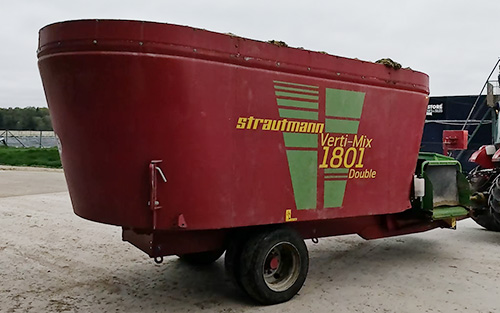Tips for choosing a grain dryer
Are you planning to purchase a grain dryer for your farm? Here are some tips to help you choose the most suitable grain dryer:
1. Comprehensive needs assessment:
Calculate, how much grain you need to dry per season or year. Consider not only the current crop, but also the planned expansion of the farm and various storage options. This will help you more accurately decide on the capacity of the dryer that meets your needs. The dryer should not be too small to prevent grain congestion, but not too large to avoid inefficient use of energy. Also, consider the type of grain you will be drying (wheat, corn, soybeans, etc.), as some dryers may be more suitable for certain types of grain.
2. Careful budget planning:
As with any farm purchase, it is important to conduct a grain dryer price analysis. Grain dryer prices can vary depending on the manufacturer, model, capacity, and features. Determine your budget and look for a dryer that fits your financial capabilities. It is also important to consider not only the purchase price of the dryer, but also the operating costs - this includes energy consumption, maintenance costs, spare parts costs, etc. Keep in mind that The dryer will last for many years, so in the long term, it is important to choose quality equipment that will last longer and be easier to maintain.
3. Fuel type selection:
When ordering a grain dryer, there is an option to choose a power transmission source, so it is worth considering assess the availability of various fuel types (gas, diesel, electricity) and price in your area. Choose the fuel type that is most convenient and economical for your farm. It is also important to evaluate the fuel infrastructure - make sure you have the necessary infrastructure for the chosen fuel type (gas pipeline, diesel tank, electrical network).
4. Analysis of grain dryer functions:
Consider the various automatic functions of grain dryers – when choosing a grain dryer with automatic control system, which allows you to easily adjust temperature, humidity and other parameters, you will save time and ensure automated work on your farm. It is also important to evaluate the accuracy of temperature regulation in order to ensure uniform grain drying and avoid overheating. By choosing a grain dryer with a reliable grain moisture measuring device, which allows you to precisely control the drying process, you will always receive accurate data. Also consider additional functions, such as a grain cleaning system, automatic shutdown, etc., which can improve work comfort and efficiency.
5. Finding a reliable manufacturer:
Choose a grain dryer from a reliable manufacturer and seller with a good reputation in the market. Read reviews from other farmers about dryers from different manufacturers, and ask the opinions of farmers around you or those you know about their dryers. Especially The availability of spare parts is important when choosing a dryer. and their quality, so prompt supply of spare parts will help reduce the likelihood of dryer downtime during peak hours.
6. Practical assessment at the sellers:
Before buying a dryer, visit several different sellers and compare the dryers they offer, prices and service levels – ask the sellers questions about the dryers’ features, prices, warranties, spare parts availability, etc. It is important when choosing a seller to ensure that they have prompt and 24/7 service, which will ensure that all faults are responded to very quickly. The service of the grain dryers we represent operates throughout Lithuania seven days a week.
In addition to the tips already mentioned, it is also worth considering:
State and EU support – inquire about possible state or EU support programs for purchasing modern agricultural machinery and equipment. This will help you save costs on your farm and properly modernize not only grain dryers, but also other farm machinery.


